Affiliate links on Android Authority may earn us a commission. Learn more.
Google Home privacy - What the company and you can do to secure your information
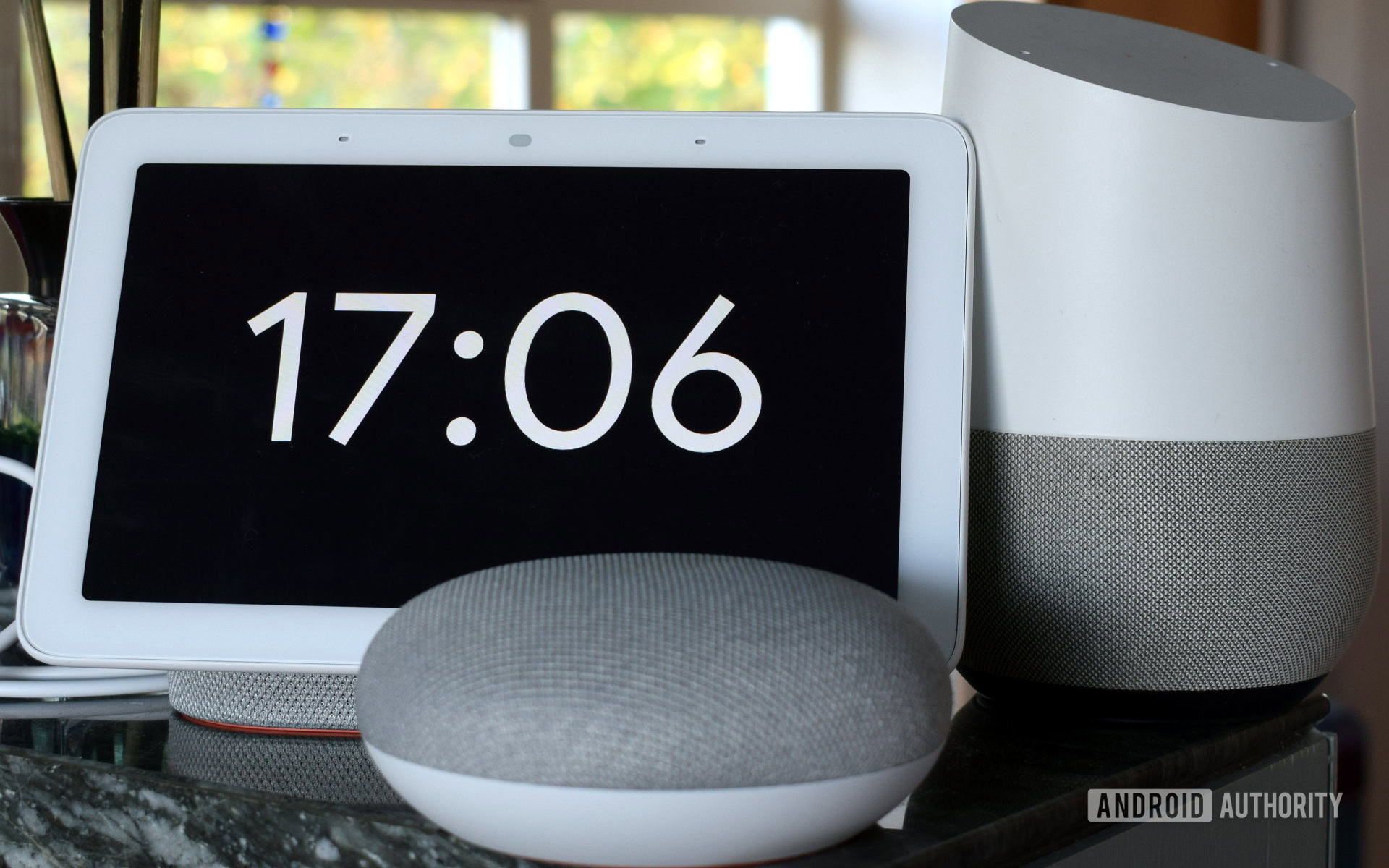
Smart speakers with AI-driven digital assistants started making their way into more homes just a few years ago. Among the most popular of these products are the ones in the Google Home product lineup. However, many people have expressed concerns about Google Home privacy issues.
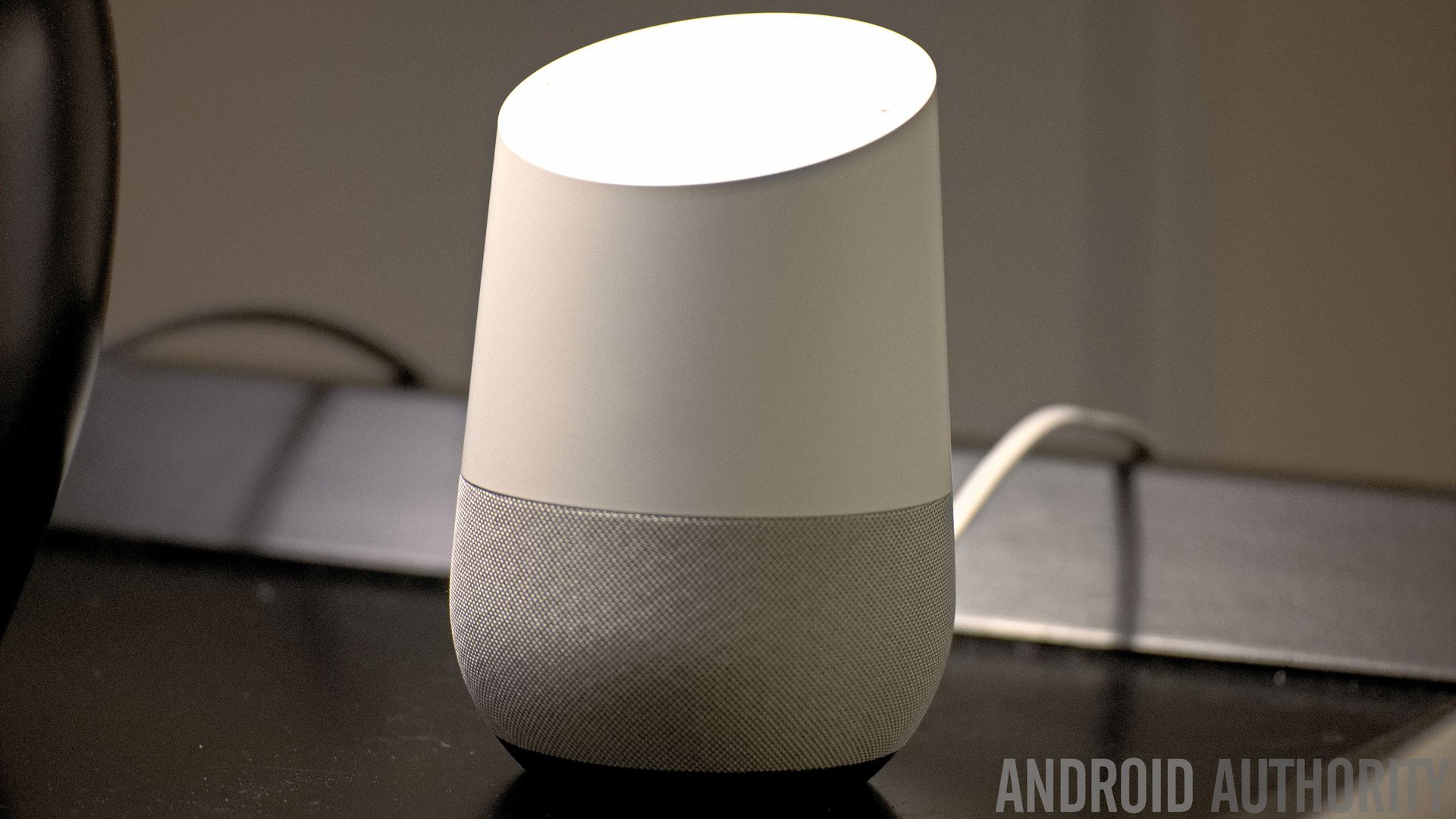
After all, when you purchase a Google Home speaker, you are basically bringing in a device with an always-on microphone. Many folks have been hesitant to purchase a Google Home device because they believe that their private conversations could be picked up by the speaker, and then sent over to Google’s servers.
The good news is that the company has already posted up Google Home privacy policies that basically state that they are not listening in on your private chats. In addition, there are a few things you can do to help keep your conversations even more private. At the same time, we will take a look at the legitimate concerns about Google using your voice commands to the Home speaker for its own ends.
Google Home privacy – what the company says it does to keep your info safe
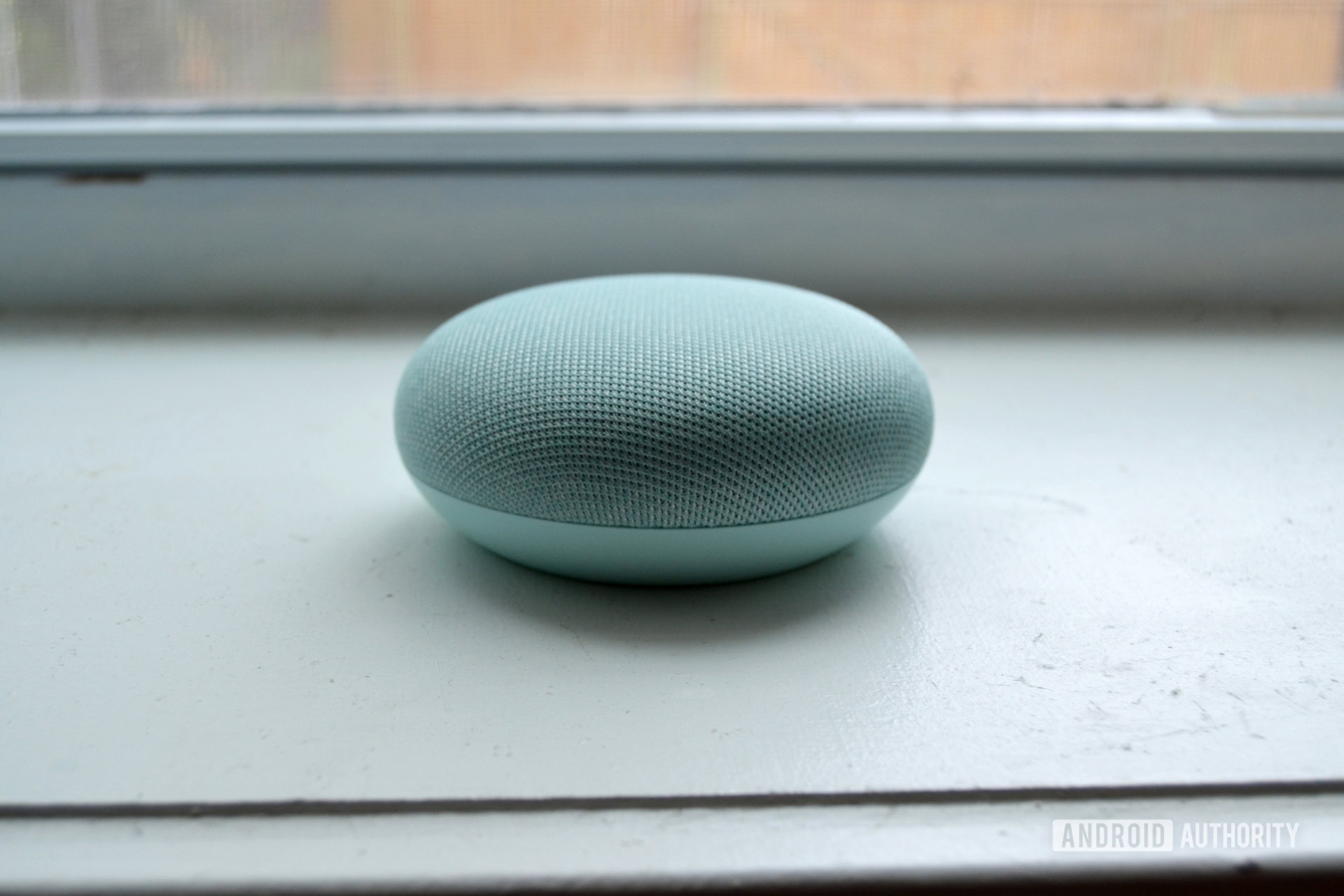
First, let’s go to Google’s own support pages to see what it has to say about Google Home privacy. So is the microphone inside Google Home’s speaker listening in on everything you say? Google’s support page on this subject says (mostly) “No”. Basically, while the microphone is always on, Google Home is really listening for you to say the hotword phrase “Ok Google”. If it doesn’t hear that phrase, anything that you say is deleted from the speaker after a few seconds and is never transmitted to Google’s servers.
However, once you say “Ok Google” when you want to start using Google Home, the company says that the device begins recording, and sends that recording to its servers. In other words, if you say, “Ok Google, give me the weather forecast”, the recording starts, and your recorded command is sent to the company so it can give you that weather forecast.
Google does admit that it does save these Google Home conversations and recordings, stating that it will “make our services faster, smarter, and more useful to you”. However, it adds that it does not share those recorded conversations with third parties unless you give your consent. As an example, if you make a dinner reservation via a Google Home conversation, it will ask you if you want to share your name and number with the restaurant.
Google also says that any stored conversations “are encrypted by default” and also “are protected by one of the world’s most advanced security infrastructures”. So in theory, no one else should be able to hack into Google’s servers and access them, and even if they could, the conversations are encrypted.
Google Home privacy – What you can do to keep your info safe

Now that we know what Google is doing to keep your Google Home chats safe and secure, is there anything you can do personally? As a matter of fact, the answer is “Yes”. One thing you can do tell Google to delete those conversations. Here’s how to do it.
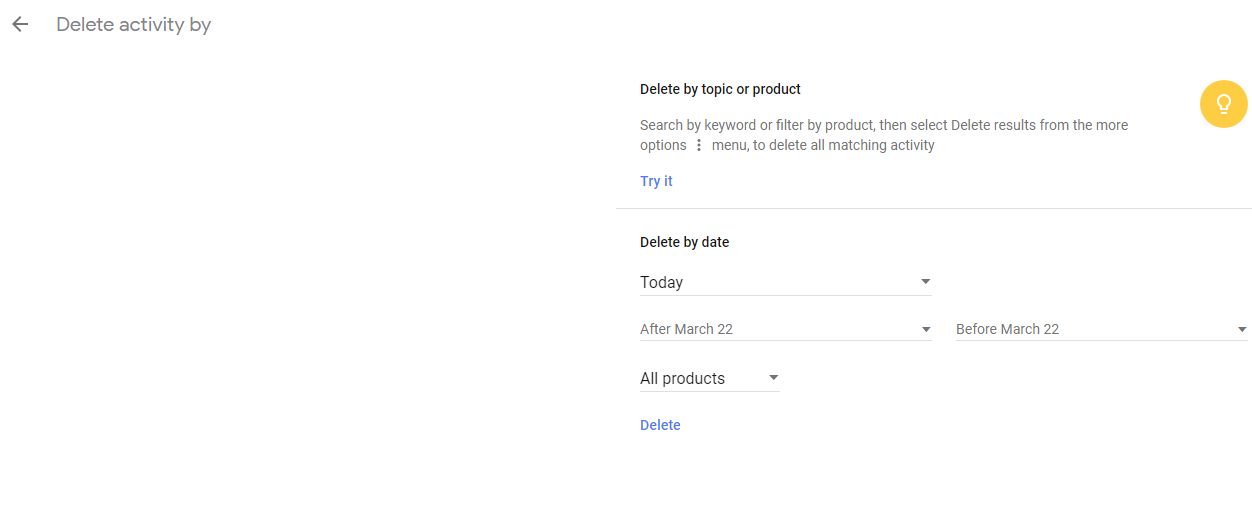
Go to the My Activity web site while signed onto your Google Account. Then, tap or click on the Delete Activity By selection on the menu found on the right side of the page. You should then see the page above with has a number of options to delete stored info based on products, like Assistant (which you use to interact with Google Home). There are also options to delete conversations by date, or by topic. You can also simply delete all the conversations stored by Google, regardless of the date.
You can also choose to mute your microphone on your Google Home speaker until you want to use it. The mute button is located on the speaker itself. Bear in mind that muting the microphone until you want to use the speaker can impact the usefulness of Google Home. After all, the whole point of the device is that you can start chatting with it at any time, and pushing the mute button until you are ready to give commands tends to cut off the spontaneity that the speaker was designed for.
Of course, the way you can be assured that Google Home isn’t listening or recording your voice is just to unplug it until you are ready to use it, but again this kind of tactic also defeats the purpose of such a speaker. However, if you are really paranoid about privacy, this is something to consider.
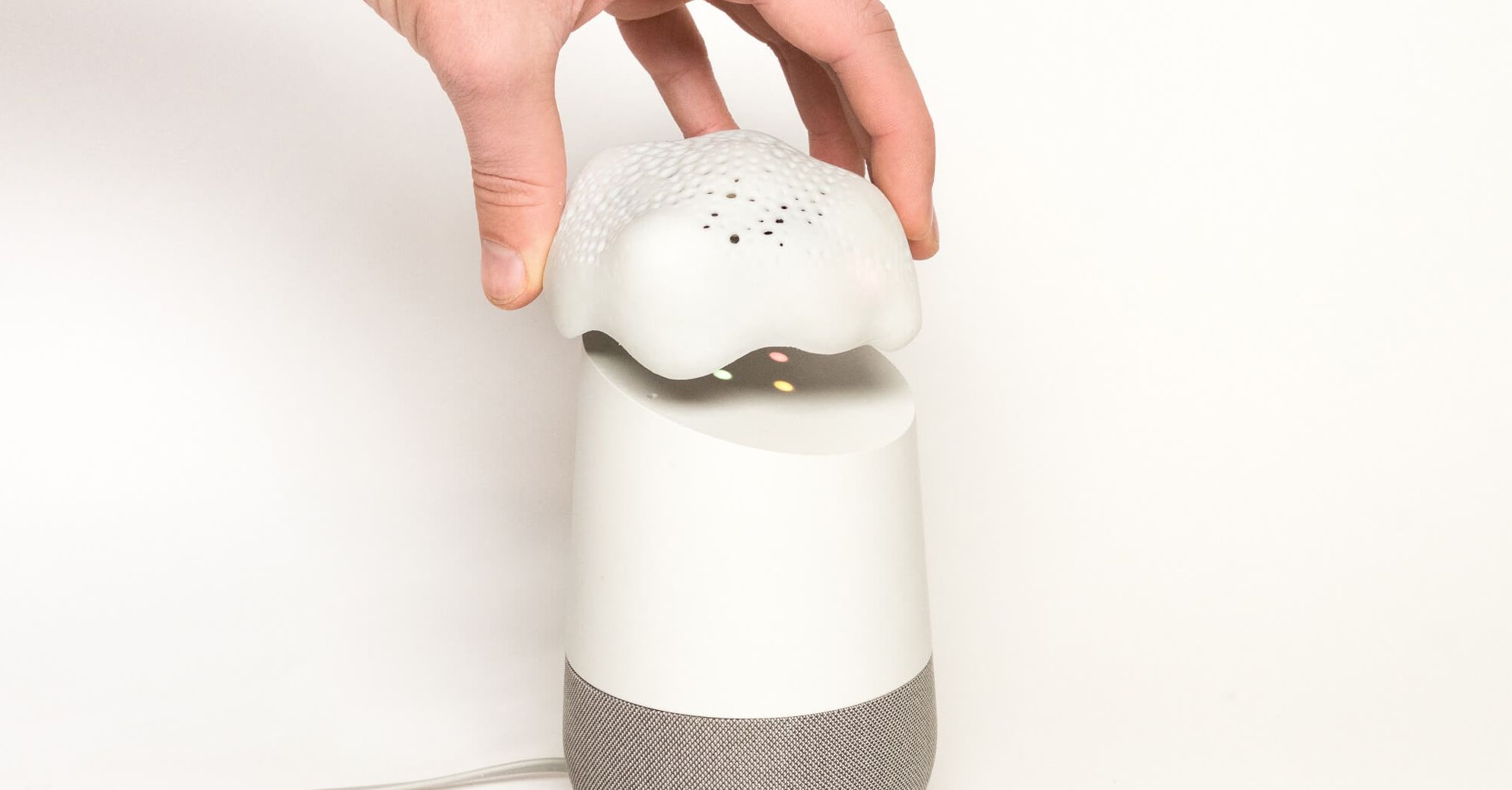
One final thing we will mention is Project Alias. This product is the work of two designers and can be placed on top of the Google Home, and its microphones. It then creates a constant amount of low sound so that it cannot record any conversations until you say “Ok Google”. In fact, this device allows you to create your own custom hotword, which Project Alias then hears. It then sends out a recorded voice of you saying “Ok Google”. This method allows for users to create custom hotwords of their own, getting around Google Home and Assistant’s own limitations. You can download the 3D files to make the Project Alias hardware, plus its software, over at GitHub.
So now you know what Google Home privacy procedures are handled by the company, and also what you can do yourself to keep your voice from being recorded and stored. Does this make you want to get a Google Home speaker? Let us know in the comments!